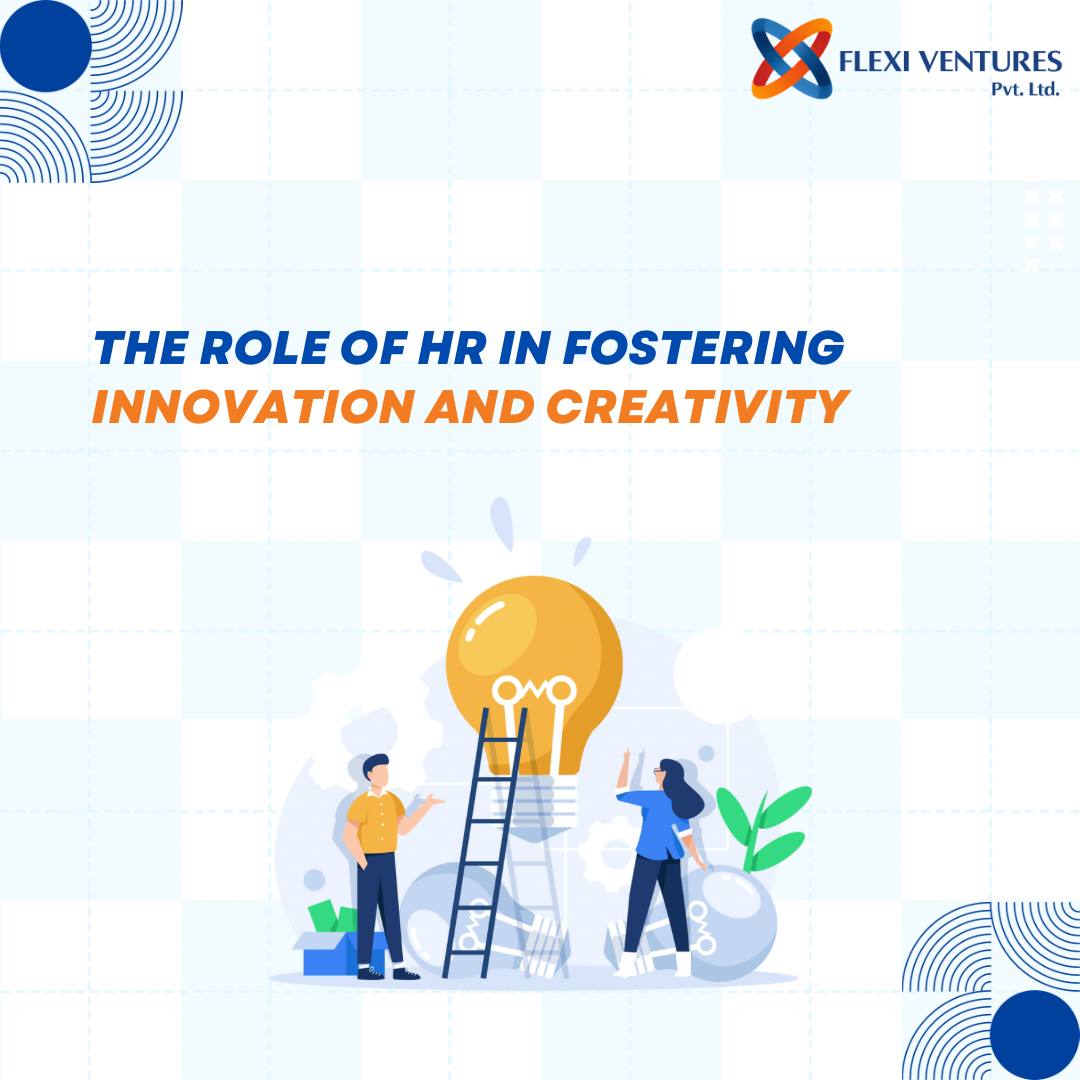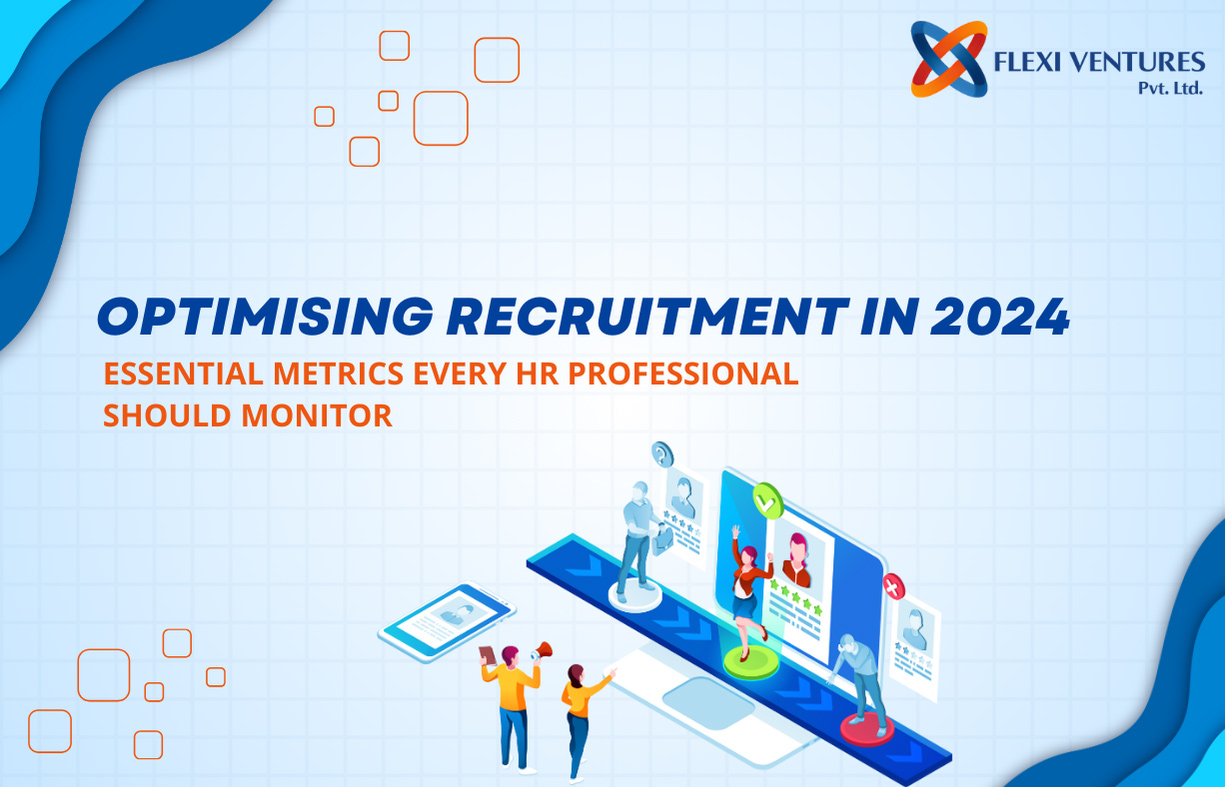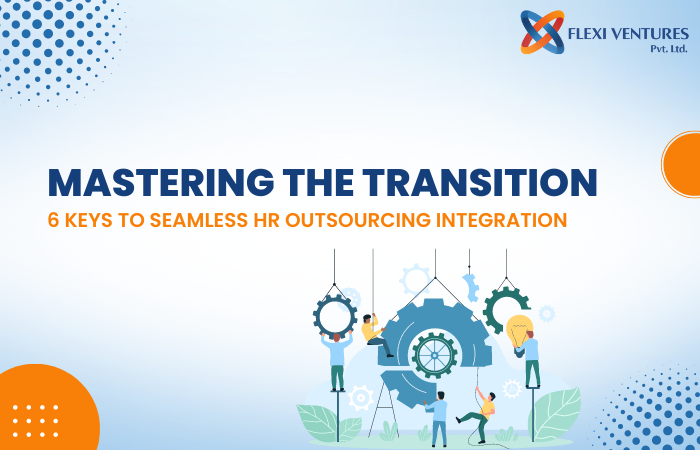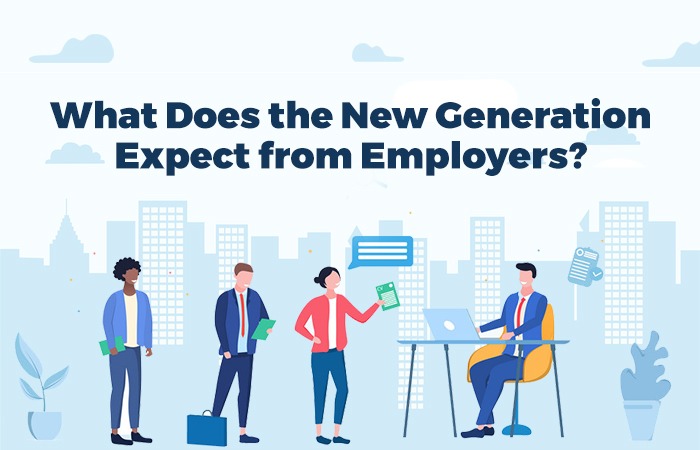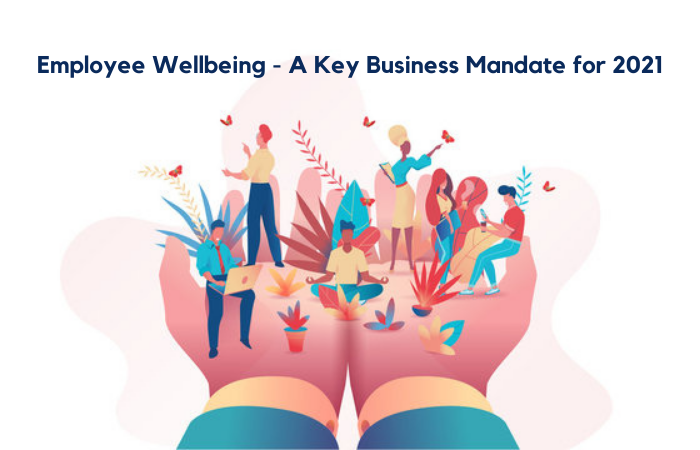Human Resources has evolved far beyond its traditional recruitment and crisis management roles. Today, HR is a driver of innovation and a key player in an organization’s success and sustainability. With the HR technology market expected to reach $30 billion by 2025, it is evident that the future of hiring and recruitment is about much more than managing people. It’s about leading change and integrating advanced technology. This transformation heralds a new era for Human Resources.
How innovation can change the world of Human Resources!
Innovation is crucial for the success and sustainability of organizations. Human Resources plays a pivotal role in fostering innovation by driving change, cultivating a culture of creativity, and implementing strategies that encourage and support innovative thinking. HR innovation encompasses strategies, systems, processes, and technologies that facilitate workplace and workforce transformation. Its significance lies in attracting and retaining top talent, enhancing employee engagement and productivity, and ultimately driving organizational growth and success.
As organizations evolve, so does the role of HR in fostering organizational change and innovation. Traditionally focused on administrative tasks such as hiring, training, and managing employee benefits, HR has transformed into a strategic partner in driving innovation and change. Today’s HR professionals need a deep understanding of their organization’s goals and challenges, along with the ability to identify and implement innovative solutions. This blog post explores the significance of HR innovation and its evolving role in encouraging organizational change and innovation.
How HR Drives Innovation in the Workplace
Strategically Recruiting Innovative Talent Using AI and Digital Tools: Human resource departments leverage AI and digital tools to streamline recruitment, identifying candidates with the skills and mindset for innovation.
Automating Onboarding and HR Processes for Efficiency: Digital tools automate onboarding and HR processes, reducing administrative burdens and freeing up resources for strategic initiatives.
Facilitating a Digital Workplace Environment for Collaboration: HR implements digital collaboration tools, enabling seamless idea exchange and teamwork, regardless of location.
Implementing Employee Self-Support Portals for Better Resource Access: Self-service portals provide employees with easy access to resources and training materials, enhancing efficiency and productivity.
Encouraging a Culture of Innovation Through Gamified Training and Development: Gamification in training programs makes learning engaging, motivating employees to acquire new skills and explore innovative approaches.
Using Chatbots for Efficient HR Query Handling and Task Automation: Chatbots handle common queries and automate tasks, allowing HR professionals to focus on strategic initiatives.
HR Driving Organizational Value
Making Innovation a Core Organizational Value: To foster organizational innovation, HR must embed it as a core value within the organization’s culture. HR can collaborate with leadership to define and communicate a vision and mission that emphasizes innovation. By aligning performance management systems, recognition programs, and career development initiatives with innovation goals, HR encourages employees to embrace innovative thinking and behaviors.
Promoting Collaboration Across Departments: Collaboration is a key driver of innovation. HR can promote cross-departmental collaboration by implementing cross-functional projects, encouraging knowledge sharing, and fostering a sense of community. Breaking down silos and creating opportunities for employees to exchange ideas facilitates innovative solutions leveraging diverse perspectives and expertise.
Creating Recognition and Reward Programs for Innovative Efforts: Recognizing and rewarding innovative efforts is essential for fostering a culture of innovation. HR can design programs that celebrate and incentivize innovative thinking. Whether through monetary rewards, public recognition, or career advancement opportunities, HR motivates employees to contribute to innovation initiatives and feel valued for their creative contributions.
Offering Cross-Departmental Training for Skill Enhancement: HR can offer cross-departmental training programs to enhance employees’ skills and expose them to different perspectives. By providing opportunities for employees to learn from colleagues in other departments, HR promotes continuous learning and knowledge exchange. These training programs encourage employees to explore new ideas, challenge conventional thinking, and develop innovative solutions to organizational challenges.
Investing in and Adopting New HR Technologies: HR professionals must stay up-to-date with the latest HR technologies that facilitate workplace and workforce transformation. By investing in and adapting new HR technologies, such as AI-powered recruitment tools, performance management systems, and employee engagement platforms, HR can streamline processes, gather valuable data, and support innovative initiatives. Staying at the forefront of HR technology allows HR to drive innovation and enhance organizational performance.
Challenges and Solutions in Human Resource Innovation
- Addressing Resistance to Change: Resistance to change is a significant challenge. Employees may fear new technologies and processes. HR can address this by communicating the benefits of innovation, providing training, and involving employees in the innovation process to highlight positive impacts on their work and careers.
- Managing Limited Resources and Budget Constraints: Limited resources and budget constraints can hinder HR innovation. HR professionals must be resourceful by leveraging low-cost technology tools, forming strategic partnerships, and reallocating resources. Demonstrating the potential ROI of innovative projects can help secure the necessary support.
- Building Acceptance and Buy-In for New Initiatives: Gaining acceptance and buy-in is crucial for successful innovation. HR must communicate the purpose, benefits, and impact of new initiatives effectively. Involving stakeholders in decision-making and using success stories can build trust and support.
- Overcoming Communication Barriers Between Departments: Effective communication is essential for fostering innovation. HR should implement communication platforms, encourage open dialogue, and promote cross-functional collaboration to ensure innovative ideas are shared and acted upon across departments.
- Simplify the HR innovation journey with our comprehensive HR tech marketplace, offering tools and resources to overcome these challenges.
Conclusion
In conclusion, HR’s role in fostering innovation is vital for gaining a competitive edge in today’s fast-paced business environment. By adopting advanced human resource strategies and technologies, organizations can spark creativity and drive sustainable growth.
Looking ahead, the future of HR in driving organizational innovation is promising. As technology advances, human resource professionals will access even more innovative tools and solutions that facilitate workplace and workforce transformation. By embracing these advancements and continuously evolving their strategies, HR can remain pivotal in fostering innovation and driving organizational success.
Additional Resources:
- https://www.slideshare.net/slideshow/rally-webinar-how-to-build-a-strong-employer-brand-that-lastspdf/260580496
- https://www.slideshare.net/slideshow/rally-webinar-employer-brand-campaigns-that-attract-and-retain-pdf/269387216
- https://humanresourcewebinars.com/employer-brand/
For more information on HR consulting or support services visit our website
Visit our Website – www.flexiventures.in
Call – 8080100001
Email – contact.us@flexiventures.in

